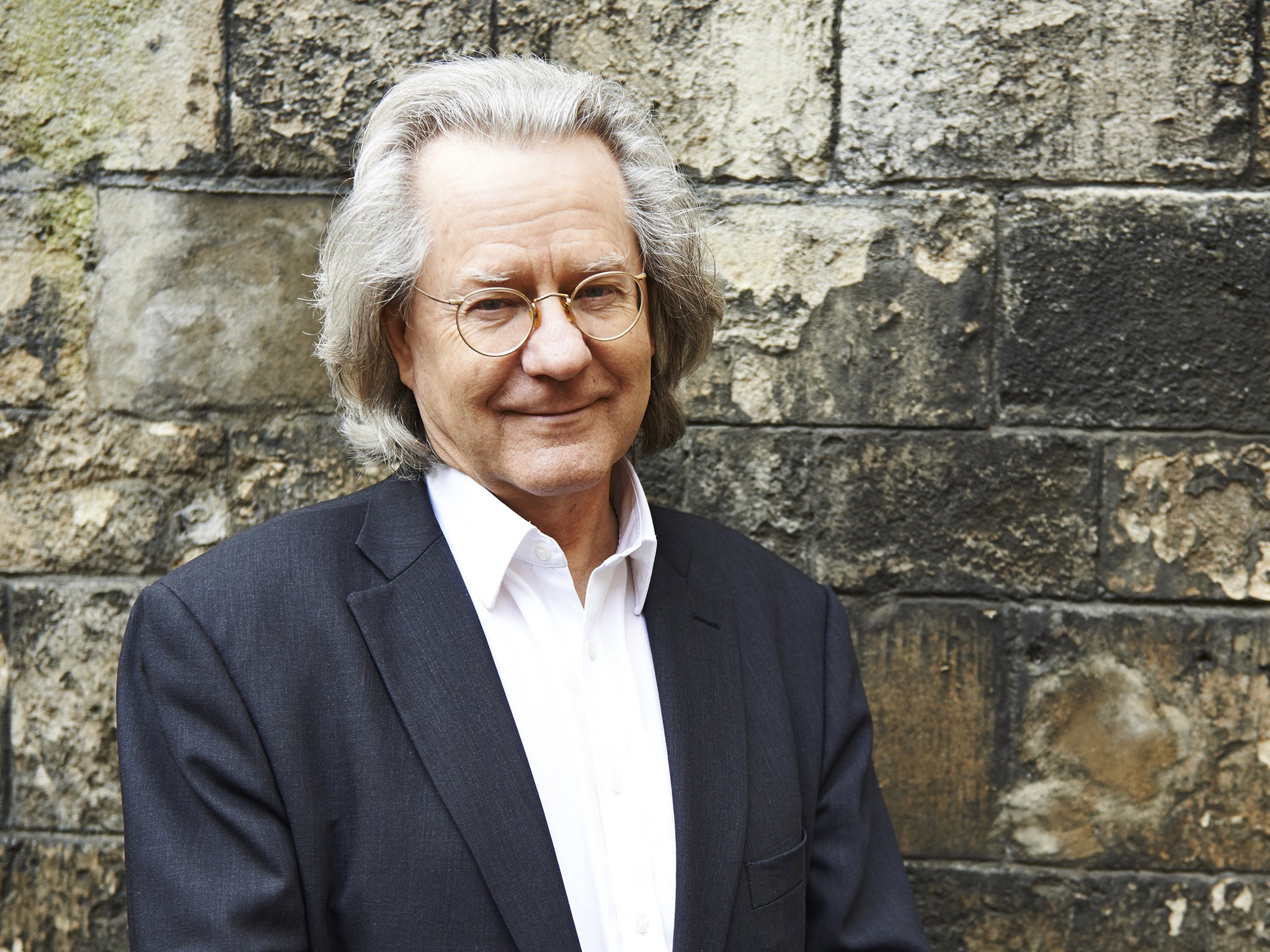If Brexit is about British sovereignty, why didn't Theresa May make her speech in Parliament?
You would expect that the Leave campaign’s demand for returning powers to our own Parliament would result, first and foremost, in our Parliament discussing whether to accept the advice of the advisory-only referendum, on the basis of MPs’ informed and considered judgement about the value of EU membership

Your support helps us to tell the story
From reproductive rights to climate change to Big Tech, The Independent is on the ground when the story is developing. Whether it's investigating the financials of Elon Musk's pro-Trump PAC or producing our latest documentary, 'The A Word', which shines a light on the American women fighting for reproductive rights, we know how important it is to parse out the facts from the messaging.
At such a critical moment in US history, we need reporters on the ground. Your donation allows us to keep sending journalists to speak to both sides of the story.
The Independent is trusted by Americans across the entire political spectrum. And unlike many other quality news outlets, we choose not to lock Americans out of our reporting and analysis with paywalls. We believe quality journalism should be available to everyone, paid for by those who can afford it.
Your support makes all the difference.We are learning from the Prime Minister’s style of rhetoric, and the way it attempts to mask contradictions, how to interpret her: "clean break" means "ultra-hard Brexit"; no half-in, half-out; no membership of the single market; no contributions to the EU budget. But at the same time there will be tariff-free trade with the EU, a customs agreement, immigration agreements for EU and UK citizens, and a travel-free zone on the island of Ireland.
Which is it, Mrs May? "Clean" meaning "hard" or "half in"? We remember the Conservative Party manifesto of 2015 promising that it will do everything in its power to stay in the Single Market. What among these contradictions and muddles is it to be?
Thus the Lancaster House speech told us nothing new – other than confirming fears that the Brexit would be "hard" but full of impossible contradictions which depend on the good will (and why should there be any?) of 27 EU states.
It was obvious from the outset that the unnecessary, ill-advised, badly-framed and "advisory only" referendum which the May government treats as if it were binding and as if it had a super-majority in support of it (whereas only a minority of the electorate voted for it), would result in a mess of epic proportions. And May’s speech confirms it.
But the worst feature of the speech is not its contents, such as they are, but where it was given: in Lancaster House in London’s St James district. Not in Parliament, not in Whitehall, but in a conference centre. Not delivered to MPs, but to an invited audience.
In fact since the referendum seven months ago, there has been no debate in Parliament on its outcome. May has studiously avoided any proper debate in Parliament, and it is a scandal that recourse has had to be taken to our Supreme Court for a judgment on whether the most important and likely damaging event in British history since the Second World War should be debated in our sovereign Parliament. You would expect that the Leave campaign’s demand for returning powers to our own Parliament would result, first and foremost, in our Parliament discussing whether to accept the advice of the advisory-only referendum, on the basis of MPs’ informed and considered judgement about the value of EU membership.
The reason that May has run scared of Parliament, and has sidelined it so disgracefully, is that she knows what that informed and considered judgement is. She knows that a majority of MPs are Remainers, and that a full debate on Article 50, with an unwhipped free vote afterwards, might well go against her.
And so the worst irony of the Brexit fiasco is that Parliament has been marginalised, MPs ignored, and the Brexiteers are trying to hustle and hurry the country out of the EU before anyone can stop them. They talk as if Brexit is a done deal, but it is not: at least half the country, if not more, is up in bitter arms about it, and somewhere in the halls of Westminster must still lurk the courage, the pride, and the better judgement of MPs which – when the daily-unfolding prospects of the damage being done by the mere idea, not even the reality, of Brexit finally moves them – will make them rise up and save the day.
Professor Anthony Grayling is a philosopher and Master of New College of the Humanities
Join our commenting forum
Join thought-provoking conversations, follow other Independent readers and see their replies
Comments